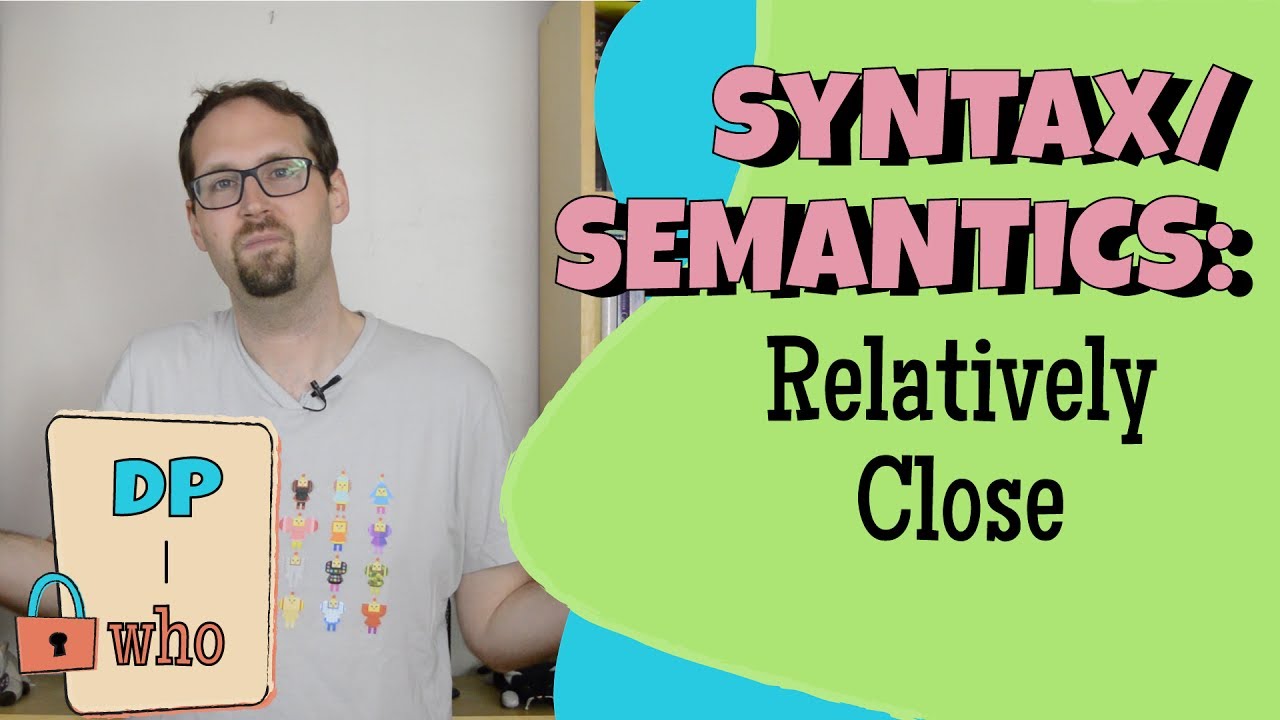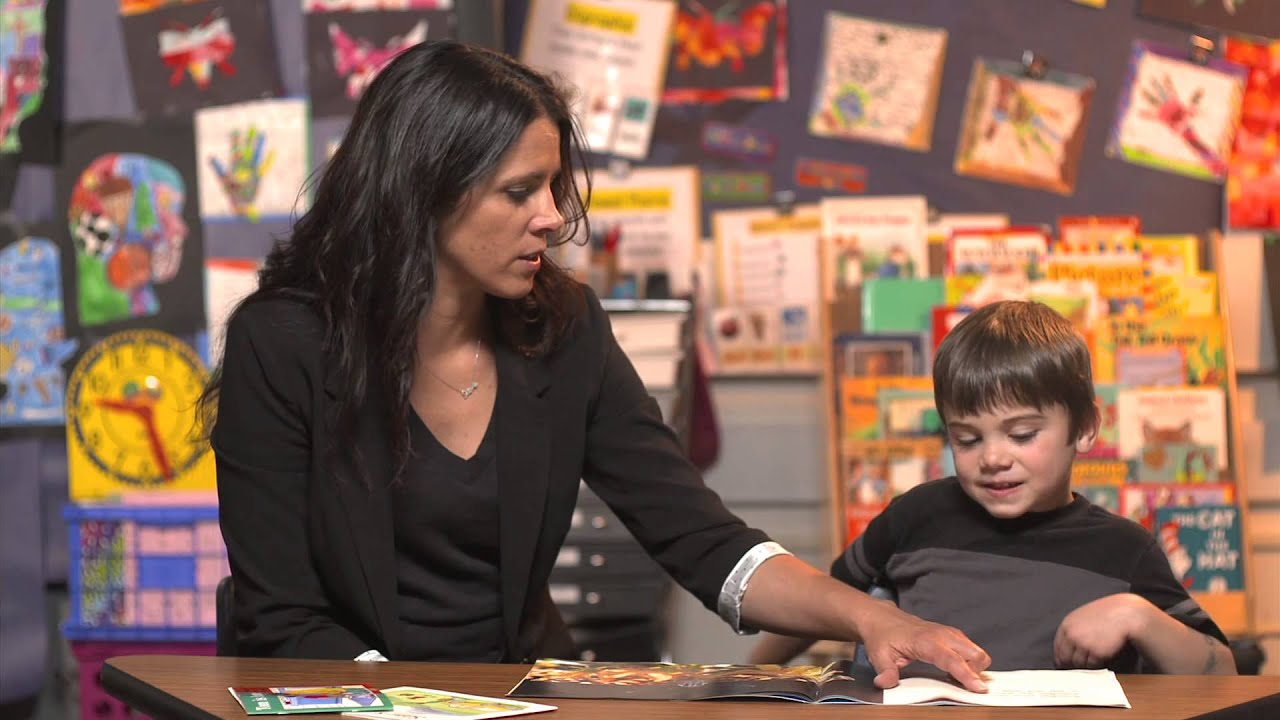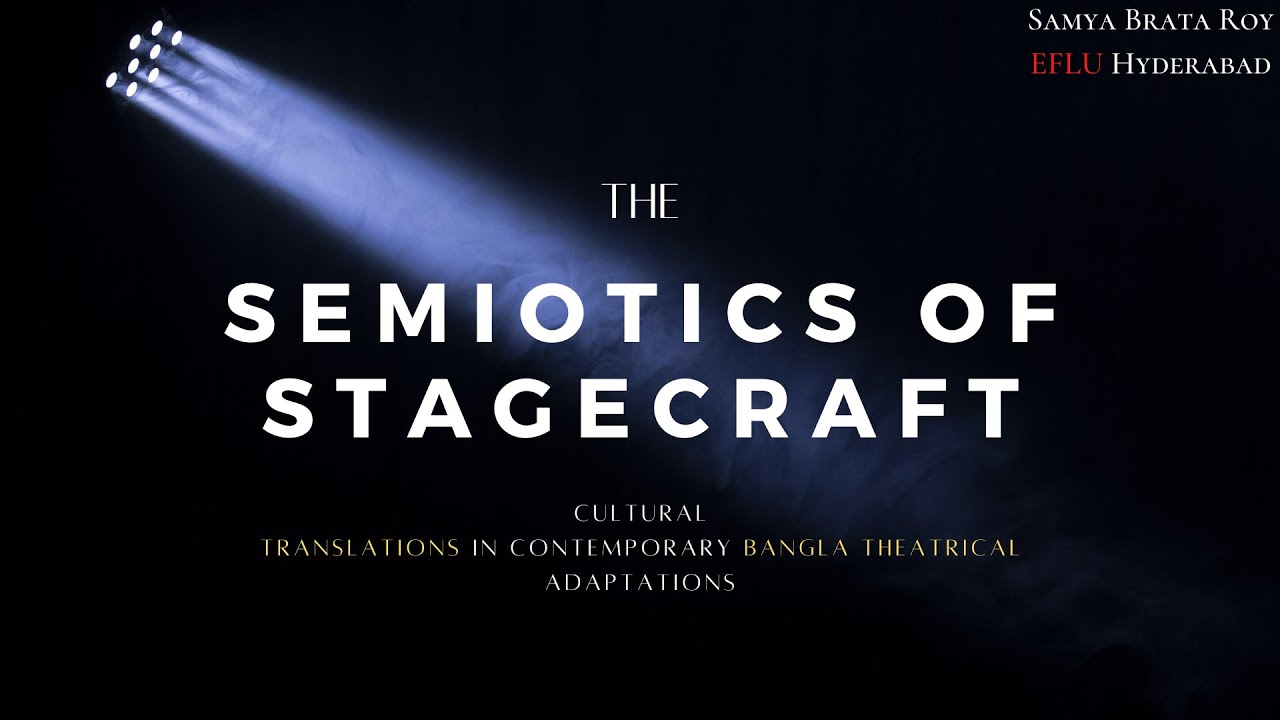The Ling Space
We can put whole clauses inside other phrases, but what does that do to their structure and their meaning? In this week’s episode, we take a look at the syntax and semantics of relative clauses: how these clauses kind of look like adjectives; how using them creates islands from which words can’t escape; and how moving things around in them throws semantic variables into the sentence setup.
This is Topic #89!
This week’s tag language: Tajik!
Related videos:
What’s the Structure Behind a Sentence? X’ Theory: https://youtu.be/7UOcoQr0hvg
How Do We Build Meaning with Math? Set Theory and Adjectives: https://youtu.be/M96aiDk2ePw
What Questions Can’t We Ask? Syntactic Islands: https://youtu.be/01uH4XfJx3g
Last episode:
How Do Verbs Cause Things? Splitting the Verb Phrase: https://youtu.be/lY1X2BnjmNI
Other of our syntax videos:
How Can We Tell What Roles Nouns Play? Case Theory: https://youtu.be/8Xi81H80J-w
What Changes in a Sentence When We Swap Verbs? Raising and Control Verbs: https://youtu.be/SYoYNeaSYrU
How Do Pronouns Even Work? Binding Theory: https://youtu.be/9sqm_cex4kA
Our website also has extra content about this week’s topic, on other kinds of relative clauses, at: http://www.thelingspace.com/episode-89/
Find us on all the social media worlds:
Tumblr: http://thelingspace.tumblr.com/
Twitter: http://twitter.com/TheLingSpace
Facebook: http://www.facebook.com/thelingspace/
And at our website, http://www.thelingspace.com/ !
You can also find our store at the website, https://thelingspace.storenvy.com/
We also have forums to discuss this episode, and linguistics more generally.
Sources:
Much of the material in this week’s episode is based on Semantics in Generative Grammar, by Irene Heim and Angelika Kratzer.
The material’s also well-covered in Elizabeth Coppock’s Semantics Boot Camp (http://eecoppock.info/semantics-boot-camp.pdf), and Anders Schoubye’s Formal Semantics Notes (http://schoubye.org/teaching/Formal-Semantics/FormalSemanticsNotes2014.pdf).
Looking forward to next time!




first
this is surprisingly relevant to something i was just wondering about
yesterday, the news youtube channel "David Pakman Show" showed a confusing tweet from trump (not the covfefe one) and then commented that he wanted to see a syntax tree of it https://www.youtube.com/watch?v=AuUfvPWEz0U&feature=youtu.be&t=1m10s
and in response i made this http://mshang.ca/syntree/?i=%5BS%20%5BNP%20%5BAdj%20Russian%5D%20%5BN%20officials%5D%5D%20%5BVP%20%5BV'%20%5BAux%20must%5D%20%5BV'%20%5BAux%20be%5D%20%5BV.Ptcp%20laughing%5D%5D%5D%20%5BPP%20%5BP%20at%5D%20%5BNConj%20%5BNP%20%5BDet%20the%5D%20%5BN%20U.S.%5D%5D%20%5BConj%20%26%5D%20%5BSubP%20%5BSub%20how%5D%20%5BS%20%5BNP%20%5BDet%20a%5D%20%5BN'%20%5BAdj%20lame%5D%20%5BN%20excuse%5D%20%5BPP%20%5BP%20for%5D%20%5BSubP%20%5BSub%20why%5D%20%5BS%20%5BNP%20%5BDet%20the%5D%20%5BN%20Dems%5D%5D%20%5BVP%20%5BV%20lost%5D%20%5BNP%20%5BDet%20the%5D%20%5BN%20election%5D%5D%5D%5D%5D%5D%5D%5D%20%5BVP%20%5BV'%20%5BAux%20has%5D%20%5BV'%20%5BV.Ptcp%20taken%5D%20%5BP%20over%5D%5D%5D%20%5BNP%20%5BDet%20the%5D%20%5BN'%20%5BAdj%20Fake%5D%20%5BN%20News.%5D%5D%5D%5D%5D%5D%5D%5D%5D%5D
is that how you would sort it? i'm not entirely sure what to do with "taken over" near the end of the sentence…
Thank you for yet another great video!
This video is great because it gives me evidence to back up the native speaker intuition I have that, in some sense, relative pronouns (or similar) are still there even when silent. Thanks!
Thank you so much, The Ling Space team! I'm a guy from Russia and I'm interested in linguistics, also I'm only sixteen and I've an intention to become a linguist, your channel contains a lot of information that really helps me, because it's hard to get linguistic things down sometimes, you know, especially for as low English level learner as me. However thank you a lot! =)
Here is a good idea, you should make a video in which you list some of the linguistics books that you believe are very good and a must read. Best introduction books and advanced ones.
Yes! Finally caught up!
O.K., I've been waiting for this.
1. I thoguht you were Moe T. Like Alexander T. Great or Crow T. Robot.
2. I thought she was Adelaise.
3. I love this! Please keep it up!
4. Sentences provide a diagramming challenege because verbs look simultaniously to the subject and the object/s. What with tense phrases and and I can finally accept the idea of a predicate. But I still don't know what to do about it.
You know, "Married" and and "killed" are very similar, but you can say "Chris is married" but not really "Chris is killed". There might be a reason for this.
When two people marry or are married (both work, weird, huh), their social status changes. They become different to the outside world. You go from a single person to a married person. It serves multiple roles, both the act of marriage and the new state you attain after it. Being killed, on the other hand, also changes you, but we don't really use it the same way as we do "married". Maybe because there are multiple paths to being dead so you can't use it to describe the new state.
If that's true, we should be able to find other words in each category. For instance, "Chis is fired" feels weird, but "Chris is unemployed" feels fine. "Chris is painted" is also weird, so maybe it doesn't work after all.
Man, I thought I had something, there.
i studied semantics in generative for academic purpose and find it very difficult and interesting. but why we don;t have rules for the cp in lambda abstraction. why is it consider as null set….
Thank you for these videos!! Saving me from floundering in my Anthropology class completely. Appreciate the well-thought-out explanations!!
I appreciate the Modern Family references.